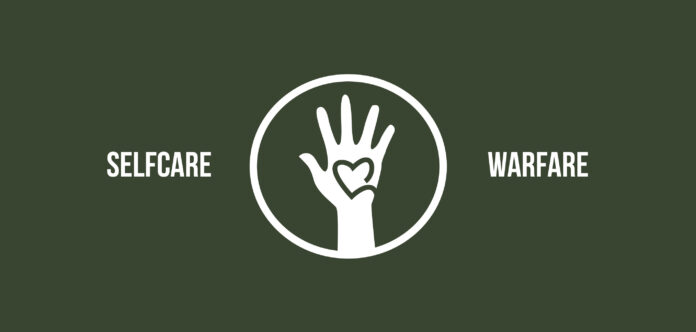So far I’ve talked a lot about recognizing and deconstructing behaviors and thought patterns reliant on forms of oppression and marginalisation like racism, femmephobia, sexual entitlement, monosexism and a whole bunch of other -isms and -phobias. But I don’t think I’ve actually addressed how to go about holding ourselves and others accountable for participating in the reproduction of these ideologies.
I want to acknowledge the fact that sometimes there are situations in which we experience anxiety and fear and have no one to hold accountable for these feelings. Not everyone is responsible for initiating conversations on inclusion or educating those who participate in these marginalizing actions and sometimes it is completely okay to not take advantage of a teachable moment. However, we have to hold ourselves and others accountable for our actions, despite our feelings, if we are to detoxify ourselves and our communities.
None of us are perfect. None of us can hold ourselves accountable for every aspect of our own behavior unless someone else calls us out. We are human. We make mistakes. We’re often hypocritical. And that’s okay, so long as we can actively move forward from those moments of fault.
So how do we go about holding ourselves and others accountable? This should’ve been addressed a long time ago, back when we weren’t swamped with papers and midterms, back when we could see and feel the warmth of the sun without hissing, back when the library seemed like a nice place to escape the heat, back when coffee was a luxury and not a necessity, but I digress. There are two different ways of dealing with oppressive behaviors: calling-in and calling-out. Both deal with holding someone accountable. But they are very, very different.
Calling-out, which is usually understood in the context of online feminism, is when someone says something offensive, marginalising and/or discriminatory and they are, as the phrase goes, called out. However, calling-out, especially online, goes a negative sort of route after the initial call-out happens. Suddenly the person singled out as problematic becomes a bigot. They are harassed for saying/doing something that they didn’t realize would be considered offensive. In person, calling-out often starts an aggressive debate between individuals in which neither side is willing to listen to the other. Calling-out is this understandably angry but also extremely toxic sort of affair that doesn’t lead to any sort of progress, because as soon as someone is called out they become less human and may come off as hateful.
Calling-in is more compassionate. Rather than aggressively call someone out and dehumanize them, calling-in relies upon the understanding that we are human beings who mess up, which is totally okay as long as we can move forward from that moment and grow. Calling-in sounds easy, but it’s difficult to enact, especially when emotions get the better of you and the other side fails to see past your emotional outburst and the reasoning behind it.
By calling-in rather than outright bashing someone, you name the oppressive behavior/thing that they enacted/said and try to explain to that person exactly why it was oppressive, keeping in mind that they are human and make mistakes and that they probably aren’t aware they were doing anything wrong. Calling-in is probably a more effective way of enacting social justice and self/community care, because hopefully if both sides can reach an understanding and see past the offense as a personal attack it can transform into an educational moment for both parties.
This is not to say, however, that we should not listen to people who respond to our actions in a violent or harsh manner. This is not to say that we should discount someone’s argument because of the tone that they are using with us. We need to understand that when someone calls us out or calls us in, maybe we are doing something wrong. We need to pull our heads out of our asses and try to understand and see. And if we can’t do that in that moment because our own emotions get in the way, we need to try to reflect afterwards when our anger and hurt has died down. And when we do call someone out and they don’t understand our point of view, we need to understand that we might have to revisit this later when emotions on either side aren’t so high.
This isn’t to say that we shouldn’t hold ourselves accountable for our own oppressive behavior either. We need to think carefully about our actions and words, and be completely okay with making a mistake, owning up to it and moving onward with new knowledge. We need to remain open to criticism. We need to enact a justice based on compassion. We need to enact a self and community care that is based on understanding and love.
Contact Gilbert Gammad at gdgammad@ucdavis.edu




